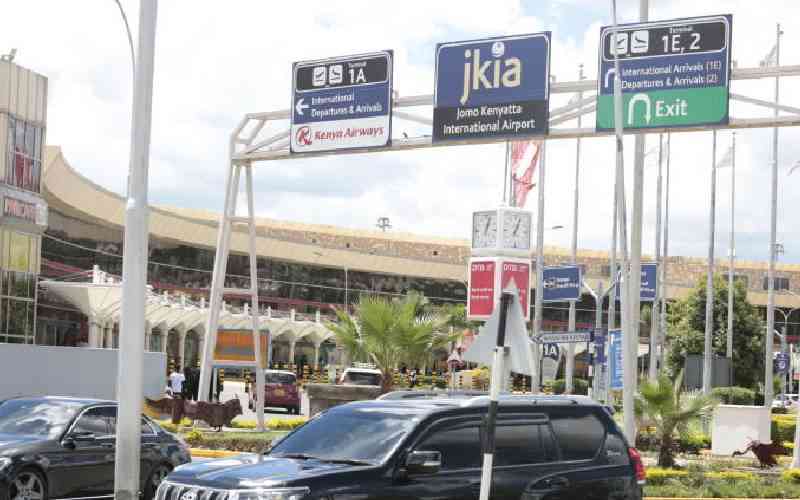
“When the lead sheep limps, the flock does not reach the pastures.”
This African proverb underscores the significance of leadership as the single most decisive factor in shaping the nation’s future. The world over, what separates stability from fragility, progress from stagnation and peace from endless crises often boils down to the quality of leadership at every level of society. Yet, in too many instances, leadership remains the weakest link, especially in Africa. To put the import of leadership into perspective, it helps to compare countries that started from similar baselines but took different paths. A common example is how most African countries and their Asian counterparts, such as Singapore, have followed contrasting trajectories shaped largely by the quality of their leadership.
Several African countries attained independence around the same time as Singapore. At that time, all these nations, Singapore included, were grappling with poverty, limited infrastructure, and the onerous task of restoration and nation-building. Over the decades, however, their leaders, have taken different approaches to addressing these challenges, and the results are equally worlds apart, in a literal sense.
Singapore, despite its limited natural resources, rose rapidly to global prominence through deliberate investment in strategic development policies, education, transparency and accountability. Sadly, the same cannot be said of its African counterparts, which continue to struggle under the weight of poverty, inequality, perpetual conflict, corruption and other social afflictions, some deliberately perpetuated by weaken institutions.
We certainly cannot ignore other factors such as geopolitical context, size, or access to trade that have contributed to these different outcomes. However, I firmly believe that leadership lies at the heart of a nation’s growth. Leadership charts the path that a nation takes in realising the aspirations of its people. Great leaders turn vision into reality. The difference in the quality of leadership in resources-rich countries remain trapped in poverty or disintegrate under the weight of power tussles and “forever wars”, as is the case with many nations in the Horn of Africa.
As such, it’s safe to say that what stands between the Africa we have and the Africa we want is leadership: Visionary, democratic, accountable and focused on service. To achieve the greatness that we desire, we must be bold enough to address the root cause of our challenges. And if we are to succeed, we must fully commit to harnessing our greatest asset: The youth.
A spot check on social media platforms reveals a demographic eager to be actively involved in issues that affect them, including governance, education, innovation and politics. They want to shape their own destiny. Despite some perceived naivety in some of their aspirations, the youth have a clear picture of the Africa they want, and are ready to work for it. To channel this energy into meaningful change that can help level the playing field for Africa, the continent must, not should, invest in nurturing and mentoring its youth as key drivers of transformation. This urgency has led to the establishment of many leadership programmes, which aims to mould and mentor young leaders from the region.
If Africa is to break the cycles of poor governance, inequality and conflict, we must embrace a new generation of leaders who put people before power. By investing in the youth, equipping them with skills, values and the courage to lead with integrity, we can transform leadership from being our weakest link to our greatest asset.
It is time to nurture strong, visionary leaders who will steer Africa towards the promise of shared prosperity and lasting peace. The journey starts with all of us, but its success depends on the leaders we choose and the leaders we prepare for tomorrow.
Dr Nyambura is the Director of IGAD Leadership Academy







